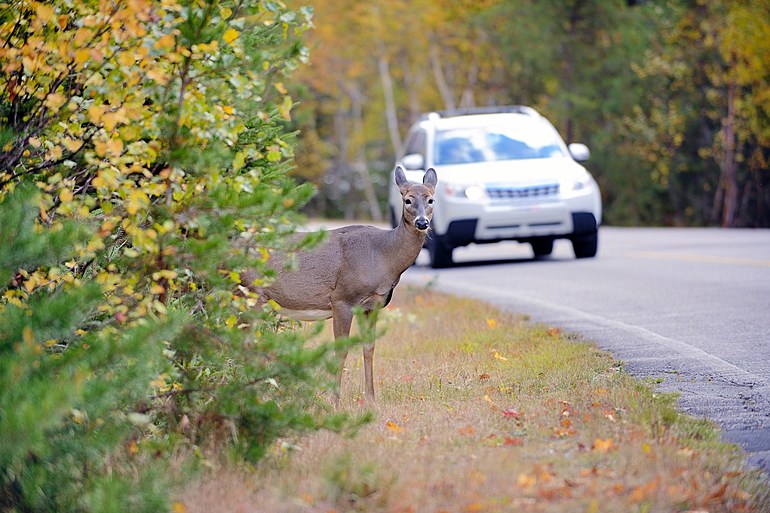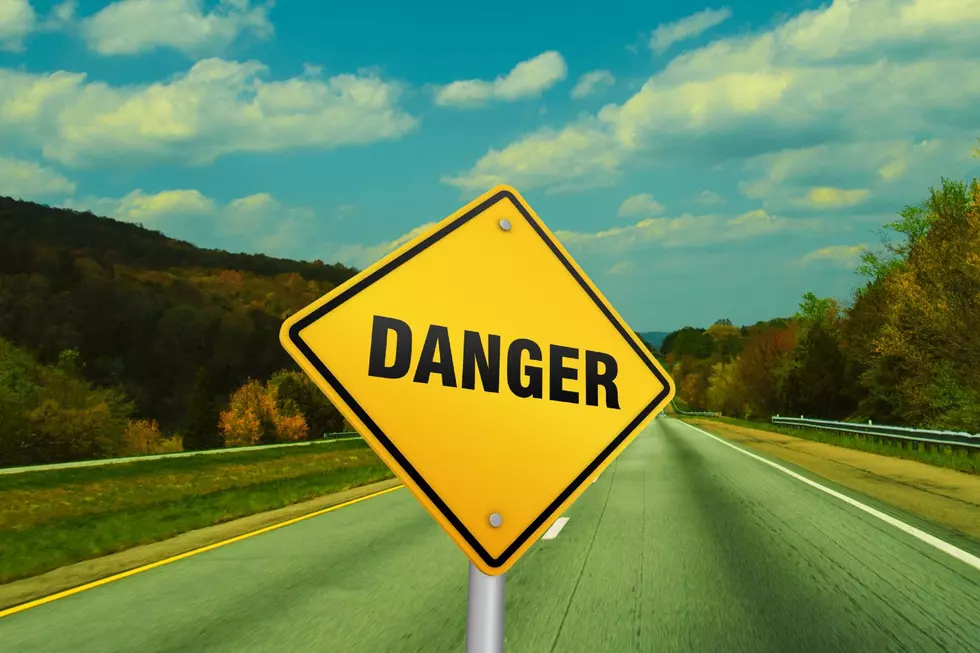
‘Tis the Season to Know What to Do If You Hit a Deer
Don't hit a deer. Let's start with that. Yes, that is laugh-worthy because there is no control over that situation. That is why deer are a menace, especially this time of year.
I looked into what I should do if I were to hit a deer, God forbid. And I found some interesting information from State Farm.
It's all pretty basic, but it's good to know, nonetheless.
Obviously, you pull your car over and then call the police.
Then take photographs of the roadway and surrounding area, the damage to your vehicle, and any injuries.
Here's a big one--stay away from the deer if you didn't kill it. It's very frightened at this point and could some serious damage to your person with those legs.
Contact your insurance agent and wait. You can't automatically assume your vehicle is safe to drive...unless you know how to fix cars, I guess.
I also found out what you CAN and CANNOT do with deer roadkill in Kentucky from TheGreenWolf.com which lists roadkill laws for every state.
In Kentucky, the inedible parts of the deer may only be sold by licensed taxidermists. The Kentucky section also tells you what you can do with skunks, black bears, turkeys, bobcats, and elk.
I honestly didn't know we had ELK in Kentucky. I really don't think we do.
What I do know is that quite a few counties in Western Kentucky rank high in deer collision statistics.
This infographic from the Kentucky State Police only shows stats through 2015, but it's a pretty good indicator of how often deer are a menace to our society.
Just be careful. Understand that deer are most active at dusk and dawn--the most difficult ties to see ANYTHING.
And try to familiarize yourself with the areas that are known for heavy deer traffic.
Stay safe.
Now, I'm hungry for venison.
More From WBKR-FM









